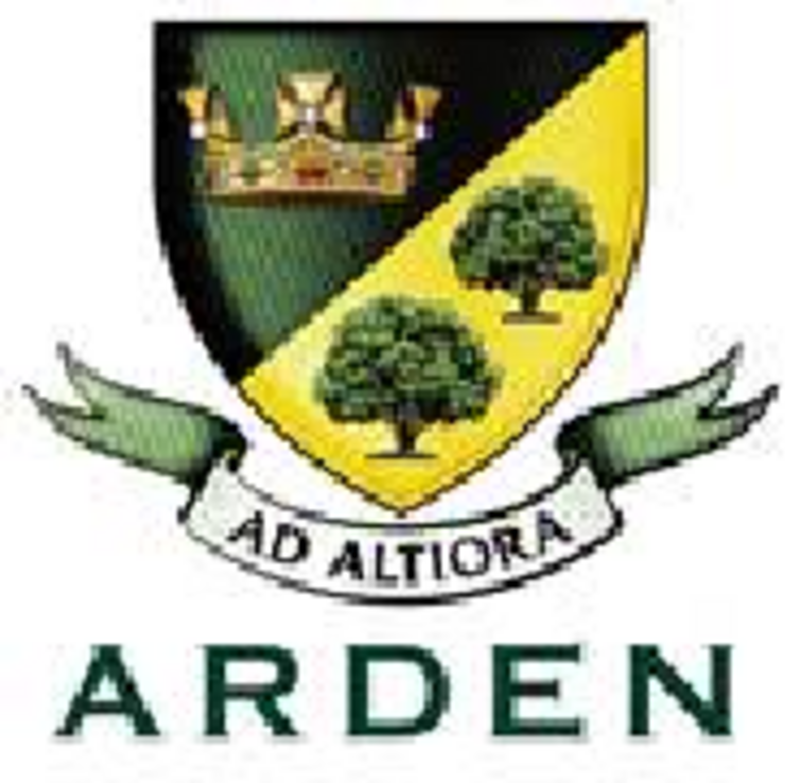Aspects of German-speaking society: current trends: Year 12 a. Family and relationships (marriage and partnerships; different models of family; change in the family structure; attitudes towards marriage and divorce; the influence of the catholic church. b. The Digital World: Internet and the dangers/risks; social networks; digitalization of society – smartphones and uses. c. Youth Culture: Fashion & image; music for young people; the role of the TV. Artistic culture in the German-speaking world: Year 12 a. Festivals and traditions; origins of festivals and their importance in German society; diversity of festivals and traditions in different regions of the German-speaking world. b. Art and Architecture: artists and architecture; artistic and cultural heritage – past, present & future, and its diversity. c. The Berlin Culture – then and now: Berlin shaped through its history; theatre, music, and museums; and the diversity of its people. Aspects of political life in the German-speaking world: Year 13 a. Germany and the European Union: the role of Germany in Europe; advantages and disadvantages of the EU for Germany; the effect of a widening EU on Germany. b. Politics and youth: political engagement of young people; the focus of youth politics; values and ideals. c. German reunification and its consequences: a peaceful revolution in the DDR; the reunification; the old and new federal state – culture and identity. Multiculturalism in German-speaking society: Year 13 a. Immigration: the reasons for it, the advantages and disadvantages of it, and the migration policies of Germany, Austria, and Switzerland. b. Integration: measures for integrating people into German-speaking countries, obstacles to integration and the experiences of various migrant groups c. Racism: the victims, the causes and the fight against racism
German GCSE Grade 6
Paper 1: Listening, reading and writing What's assessed: - Aspects of German-speaking society - Artistic culture in the German-speaking world - Multiculturalism in German-speaking society - Aspects of political life in German-speaking society - Grammar How it's assessed - Written exam: 2 hours 30 minutes - 100 marks - 50% of A-level Paper 2: Writing What's assessed: - One text and one film or two texts from the list set in the specification - Grammar How it's assessed: - Written exam: 2 hours - 80 marks in total - 20% of A-level Paper 3: Speaking What's assessed: - Individual research project - One of four themes (Aspects of German-speaking society or Artistic culture in the German-speaking world Multiculturalism in German-speaking society or Aspects of political life in German-speaking society) How it's assessed: - Oral exam: 21–23 minutes (including 5 minutes preparation time) - 60 marks in total - 30% of A-level
About Education Provider
| Region | West Midlands |
| Local Authority | Solihull |
| Ofsted Rating | Good |
| Gender Type | Co-Educational |
| Address | Station Road, Knowle, Solihull, B93 0PT |
Aspects of German-speaking society: current trends: Year 12 a. Family and relationships (marriage and partnerships; different models of family; change in the family structure; attitudes towards marriage and divorce; the influence of the catholic church. b. The Digital World: Internet and the dangers/risks; social networks; digitalization of society – smartphones and uses. c. Youth Culture: Fashion & image; music for young people; the role of the TV. Artistic culture in the German-speaking world: Year 12 a. Festivals and traditions; origins of festivals and their importance in German society; diversity of festivals and traditions in different regions of the German-speaking world. b. Art and Architecture: artists and architecture; artistic and cultural heritage – past, present & future, and its diversity. c. The Berlin Culture – then and now: Berlin shaped through its history; theatre, music, and museums; and the diversity of its people. Aspects of political life in the German-speaking world: Year 13 a. Germany and the European Union: the role of Germany in Europe; advantages and disadvantages of the EU for Germany; the effect of a widening EU on Germany. b. Politics and youth: political engagement of young people; the focus of youth politics; values and ideals. c. German reunification and its consequences: a peaceful revolution in the DDR; the reunification; the old and new federal state – culture and identity. Multiculturalism in German-speaking society: Year 13 a. Immigration: the reasons for it, the advantages and disadvantages of it, and the migration policies of Germany, Austria, and Switzerland. b. Integration: measures for integrating people into German-speaking countries, obstacles to integration and the experiences of various migrant groups c. Racism: the victims, the causes and the fight against racism
German GCSE Grade 6
Paper 1: Listening, reading and writing What's assessed: - Aspects of German-speaking society - Artistic culture in the German-speaking world - Multiculturalism in German-speaking society - Aspects of political life in German-speaking society - Grammar How it's assessed - Written exam: 2 hours 30 minutes - 100 marks - 50% of A-level Paper 2: Writing What's assessed: - One text and one film or two texts from the list set in the specification - Grammar How it's assessed: - Written exam: 2 hours - 80 marks in total - 20% of A-level Paper 3: Speaking What's assessed: - Individual research project - One of four themes (Aspects of German-speaking society or Artistic culture in the German-speaking world Multiculturalism in German-speaking society or Aspects of political life in German-speaking society) How it's assessed: - Oral exam: 21–23 minutes (including 5 minutes preparation time) - 60 marks in total - 30% of A-level
